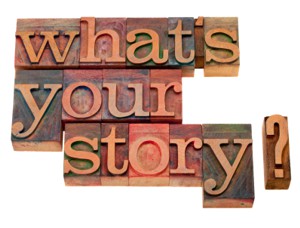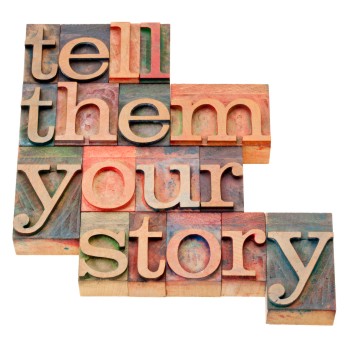The following was originally posted at Loose Ends, but I wanted to share here as well for all my writing followers.
Last year Pixar storyboard artist Emma Coats tweeted 22 rules of storytelling. Now that I’m knee-deep into a first draft again (writing the sequel to my m/m/m menage MORE), I keep going back to some of those tips she mentioned when it comes to the basics of storytelling.
Two of my favorites are:
“Why must you tell THIS story? What’s the belief burning within you that your story feeds off of? That’s the heart of it.” — Emma Coats
“What’s the essence of your story? Most economical telling of it? If you know that, you can build out from there.” — Emma Coats
I think these go hand in hand when writing a first draft. I have to know the basics of what I’m trying to say and I have to be driven to share that story. I believe if the author lacks a passion for writing any particular story, the readers can tell.
When first starting a novel-length book, if I don’t have a firm grasp on the core concept of the story as well as the passion to tell that story, I stumble my way through the first draft, going back over the plot outline and who the characters are at their core until I land on the truth of what I’m trying to say.
Some questions I ask myself:
- Who are these men? What do they believe about love? What goals do they have in life? What are their biggest dreams? What are their biggest fears? All of these can help drive the plot.
- What are the basics of the plot in one sentence? One paragraph?
- What is the ending of the story? What happens just before the ending? How are the characters emotionally impacted by the conclusion of the plot?
- What in my own life (what experiences, dreams, hopes, imaginations) is influencing me to write this story?
- What is it about my own beliefs and passions about living life that stirs me to write this story about these characters?
For me the journey of discovering all this is what makes storytelling such a powerful, enjoyable experience. It may stretch out the process of writing that initial draft, but I think my stories would not be the same (and neither would I) without it.
You can read the full list of Coats’s tweets here:
The 22 rules of storytelling, according to Pixar


